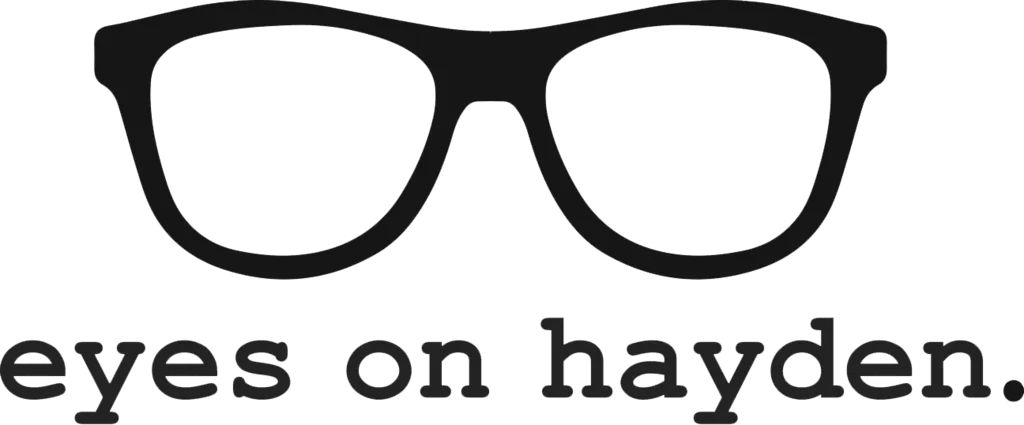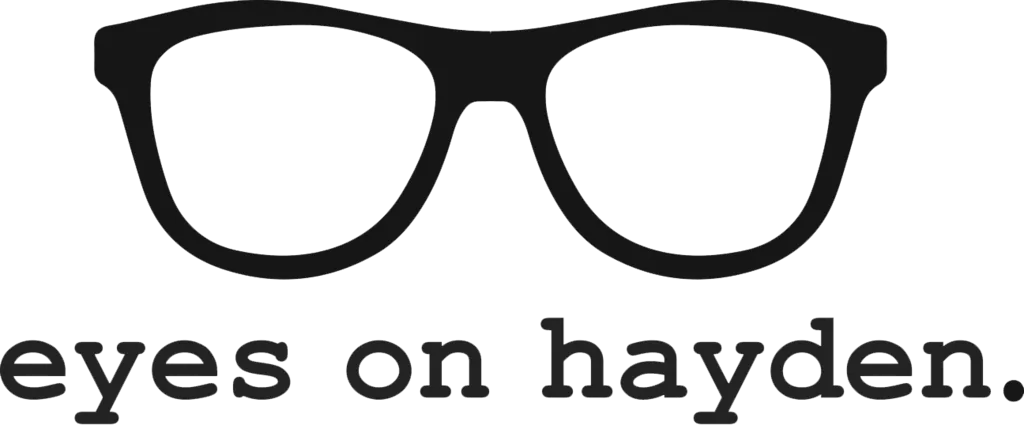
Is a Healthy Diet Important for Vision?
Improving your eating habits offers benefits you may not have considered. In addition to reducing your risk of heart disease, lowering your cholesterol, and maintaining a healthy weight, good nutrition also helps you keep your eyes healthy.
How What You Eat Affects Your Vision
Vitamins and minerals found in foods and supplements nourish every part of your body, including your eyes. If nutrient levels are too low, you may be more likely to develop certain diseases that can damage your vision or even cause vision loss. Numerous studies have shown that a healthy diet or use of supplements can have a positive effect on these eye conditions and diseases:
- Cataracts. A cataract develops when the clear lens inside your eye becomes cloudy, causing blurry vision, fading colors, and sensitivity to light and glare.
- Age-Related Macular Degeneration (AMD). AMD occurs when cells in the macula, the center part of your retina begin to degenerate. The condition can cause blurriness or blank spots in the center of your vision. Taking AREDS and AREDS 2 supplements may slow the progression of AMD if you already have it, according to the National Eye Institute. The supplements contain a mixture of vitamins and minerals most helpful for AMD.
- Dry Eye. When your eyes aren't moist enough, burning, redness, headaches, and blurry vision can make you very uncomfortable. Dry eye is more common as you age, although it can also be related to medications, medication side effects, or using digital devices for hours.
Nutrients That Promote Good Vision Health
Boost your eye health by adding foods that contain these nutrients and minerals to your shopping list or taking supplements:
- Vitamin E. Eating foods that contain this vitamin may lower your risk of cataracts and AMD or slow the progression of cataracts. Vitamin E could also protect your eyes from the damaging effects of free radicals, molecules that play a part in many diseases. Vitamin E is found in sunflower seeds, pecans, almonds, cereal, sweet potatoes, salmon, spinach, collard greens, avocado, mango, red bell peppers, wheat germ, and sunflower and safflower oils.
- Vitamin C. Found in citrus fruits, potatoes, papaya, pineapple, strawberries, guava, broccoli, peppers, and Brussels sprouts, vitamin C helps keep your vision sharp, reduces your risk of developing cataracts, and may slow AMD.
- Vitamin D. Exposure to sunlight prompts your body to make Vitamin D, a vitamin necessary for a healthy metabolism and bone and heart health. A vitamin D deficiency may increase your risk of developing AMD, dry eye, or uveitis, a condition that causes inflammation in the middle of your eye. Salmon, mackerel, and fatty fish are good sources of vitamin D, as are fortified milk, orange juice, and cereals. Of course, sun exposure can also help you improve your vitamin D level, provided you use sunscreen and wear sunglasses that filter out ultraviolet A (UVA) and ultraviolet B (UVA) rays.
- Beto-Carotene. Your parents were right when they told you that eating carrots might help your eyesight. Carrots, spinach, sweet potatoes, and other fruits and vegetables contain beta-carotene, a pigment that is converted to vitamin A by your body. Vitamin A keeps the surface of your cornea healthy, lubricates your eyes, and may reduce vision loss due to AMD.
- Omega Fatty Acids. Omega-3 and Omega-6 fatty acids help keep your retinas healthy and your eyes moist. The acids may also protect against AMD and reduce the damage caused by diabetic retinopathy, a condition that causes leaky blood vessels in the retina that interfere with vision. Omega fatty acids are found in salmon, shrimp, trout, mackerel, herring, sardines, oysters, chia seeds, flaxseed, pumpkin seeds, tofu, soybeans, flaxseed oil, and canola oil.
- Lutein and Zeaxanthin. These nutrients are found in eggs, green leafy vegetables, grapes, pumpkin, peas, broccoli, asparagus, and squash. Lutein and zeaxanthin may offer some protection from AMD and cataracts.
Regular eye exams, in addition to good nutrition, will help you keep your eyes healthy and reduce the likelihood that you'll develop an eye disease or condition. If it's been a while since you've had an exam, call our office and schedule an appointment.
Sources:
Review of Optometry: Vitamin D Deficiency and Dry Eye Go Hand in Hand, 10/10/18
National Eye Institute: Nutritional Supplements for Age-Related Macular Degeneration
All About Vision: Eye Benefits of Vitamin A and Beta-Carotene
American Optometric Association: Diet and Nutrition
American Academy of Ophthalmology: Diet and Nutrition, 11/2/20


